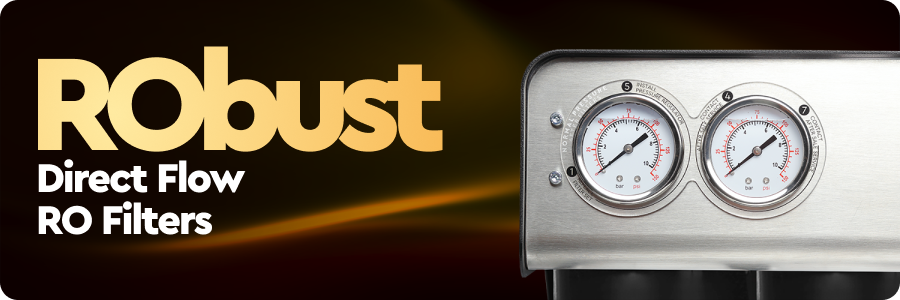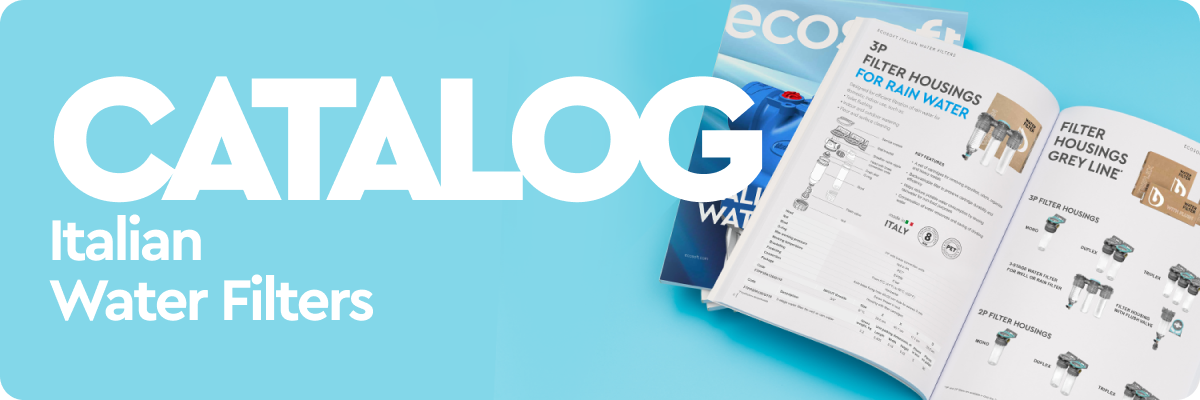Water is an essential resource that plays a crucial role in our daily lives. However, not all water is the same. Depending on its composition, water can be categorized as either hard or soft. Understanding the difference between these two types of water is important for maintaining the well-being of our homes, appliances, and even our own bodies. In this article, we will explore the characteristics of hard water, its potential effects, and how it differs from soft water.
What is Hard Water?
Hard water is water that contains a high concentration of minerals, primarily calcium and magnesium. These minerals are acquired as water passes through rocks and soil, dissolving and accumulating various substances along the way. Although hard water is not considered harmful to human health, it can have several negative impacts in our daily lives.
Is Hard Water Bad For You?
Drinking hard water is generally safe for consumption, as the minerals found in it can contribute to our daily recommended intake of calcium and magnesium. However, using hard water for extended periods can have some undesirable effects. One notable issue is the formation of scale or mineral buildup in pipes, appliances, and other water-related systems. This can reduce the efficiency of appliances such as dishwashers and water heaters, leading to increased energy consumption and potential damage. Furthermore, the mineral deposits left behind by hard water can make it difficult for soaps and detergents to dissolve properly, resulting in reduced lathering and cleaning effectiveness.
What is Soft Water?
In contrast to hard water, soft water contains fewer minerals, specifically calcium and magnesium. This is achieved through various processes, such as water softening, which involves removing or neutralizing the mineral content of water. Soft water is often preferred for its ability to produce better lathering and cleaning results.
The Difference between Hard Water and Soft Water:
The primary difference between soft water and hard water lies in their mineral content. Hard water contains higher levels of calcium and magnesium, while soft water has a significantly lower mineral content. This disparity in mineral concentrations directly affects their performance in various aspects of our daily lives.
When differentiating hard water from soft water for household chores, the advantages of soft water become evident. It allows soaps and detergents to dissolve more effectively, leading to improved cleaning capabilities. Soft water also prevents the formation of scale, reducing the buildup in pipes and appliances. As a result, appliances like washing machines, dishwashers, and water heaters tend to last longer and operate more efficiently with soft water.
When considering personal care routines, the distinction between soft water and hard water becomes crucial. While hard water can leave a residue on the skin, resulting in dryness and irritation, soft water offers notable benefits. Soft water enablessoaps and shampoos to rinse off more effectively, leaving the skin feeling smoother and the hair appearing healthier, free from the dullness often associated with hard water.
To ensure the availability of soft water, various water treatment options are available in the market. One such option is the use of Reverse Osmosis (RO) systems. These systems can remove impurities and minerals from water, producing soft and clean drinking water. Ecosoft offers a range of RO systems for different purposes, including commercial, vending, domestic, direct flow, and filters. You can find more information about these systems at the following links:
- Commercial 4" RO: Link to Commercial 4" RO
- Vending RO: Link to Vending RO
- Domestic RO: Link to Domestic RO
- Direct flow RO: Link to Direct flow RO
In conclusion, the difference between hard water and soft water lies in their mineral content and the effects they have on our daily lives. While hard water is generally safe for consumption, it can cause issues with appliance efficiency, soap performance, and the overall quality of our skin and hair. Soft water, with its reduced mineral content, offers improved cleaning capabilities, prolongs the lifespan of appliances, and provides benefits for personal care. Understanding the distinction between soft and hard water can help homeowners make informed decisions about their water treatment options and ensure the well-being of their homes and themselves.
FAQ
Jaka jest różnica między miękką a twardą wodą?
Woda miękka i twarda różnią się zawartością minerałów. Miękka woda ma niski poziom minerałów, w szczególności wapnia i magnezu, podczas gdy twarda woda zawiera wyższe stężenia tych minerałów.
How can I tell if my water is soft or hard?
You can determine whether your water is soft or hard by testing its mineral content. One common method is using a water testing kit that measures the levels of calcium and magnesium ions. Alternatively, you might notice some signs of hard water, such as soap scum, mineral deposits, or difficulty forming lather with soap.
Jakie są skutki korzystania z miękkiej wody w porównaniu z twardą wodą?
Miękka woda jest bardziej korzystna do użytku domowego. Może zapobiegać gromadzeniu się minerałów w rurach i urządzeniach, prowadząc do poprawy ich żywotności i wydajności. Miękka woda pozwala również na lepsze spienianie mydła i może skutkować bardziej miękką, gładszą skórą i włosami. Z kolei twarda woda może pozostawiać osady mineralne na powierzchniach, zmniejszać wydajność mydła i przyczyniać się do osadzania się kamienia w urządzeniach.
Czy mogę zamienić twardą wodę na miękką w moim domu?
Tak, twardą wodę można przekształcić w miękką za pomocą procesu zwanego zmiękczaniem wody. Zazwyczaj wymaga to użycia zmiękczacza wody, który usuwa nadmiar minerałów w wodzie i zastępuje je jonami sodu lub potasu. Zmiękczacze wody można zainstalować w punkcie wejścia, aby uzdatnić całą wodę wpływającą do domu lub w określonych punktach użytkowania, takich jak pod zlewem lub pod prysznicem.


.jpg)
.png)


.png)


.png)
.png)
.png)
.png)











